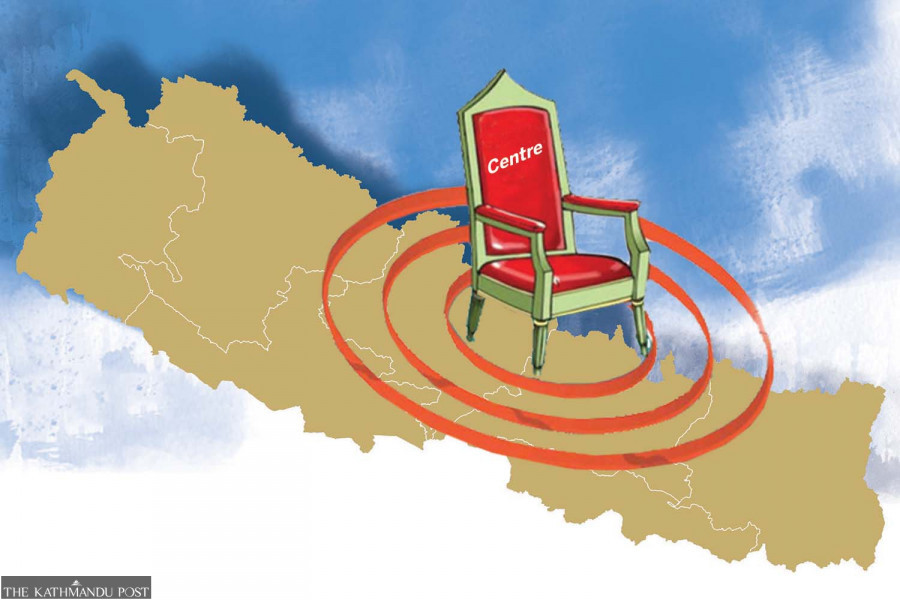Editorial
Act two, scene one
The same old men will begin fighting for the chair if the youth leaders don't intervene.
It is clear that no political party, or electoral alliance for that matter, will have a majority in the new federal Parliament. This raises the natural question: Is the country going back to the same old days of endless manoeuvrings to get the coveted prime minister’s leather upholstered chair? The concern is valid, as there is no sign that the top leaders of the established parties have done any soul-searching in the aftermath of the November 20 elections. In a political culture where breaking promises for power and position is the norm, it will be a mini miracle if the parties in the respective alliances honour their pre-electoral commitment to stick together in the next Parliament.
That is quite farfetched because of the corruptibility of the promises in the face of power. Just as their professed ideological differences did not keep them from coming together, they will have no qualms about breaking the alliances either. They will, in all likelihood, have no ethical or ideological considerations in mind when piecing together a new ruling alliance. Nepali Congress leader Gagan Thapa has hinted at getting a new party, the Rastriya Swatantra Party, on board to form the next government. But he has his own problems, as party president Sher Bahadur Deuba will likely want the prime minister’s chair for himself. If the current ruling coalition holds, in all likelihood, Deuba will again be the Congress prime ministerial candidate. But in such a case, the party will be a divided house considering how much it depended on youth leaders like Thapa and Bishwa Prakash Sharma for even the few seats it won in the recent elections.
But it’s not just Deuba who has mastered the art of putting together unnatural coalitions. CPN (Maoist Centre) chairman Pushpa Kamal Dahal is not above linking arms with KP Oli if he gets to be prime minister again. (Oli has already dangled the PM carrot before Dahal.) After all, CPN-UML chairman Oli himself is a master at making and breaking alliances. These two have come together in the past, and could do so again entirely on the basis of who gets what in the new government.
The rise of the Rastriya Swatantra Party and the resurgence of the Rastriya Prajatantra Party have made it clear that people are willing to vote to power a party that has no ideological clarity, or one whose ideology undermines the current political setup. The rise of these parties does not necessarily mean that people believe in them; it could just be that they are sick and tired of the kind of politics practised by old-style political parties. Despite suffering a drubbing at the polls, some top leaders of the established parties are still denying the rise and growing clout of the young and bold, and are happy to live in their delusion that the youth wave will die down. But if the established parties are to stay relevant in the long run, they must in some way honour the new mandate in favour of a break with the status quo. If the old leaders refuse to heed the public mandate, the young guns must make them do so.




 16.12°C Kathmandu
16.12°C Kathmandu














